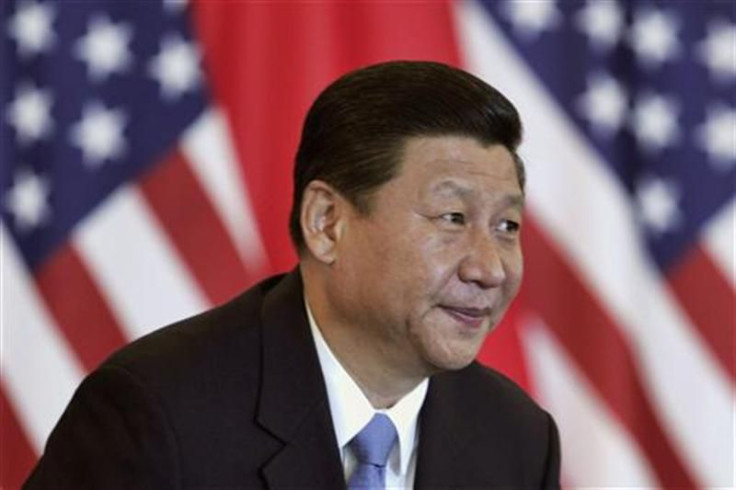China Concerned U.S. May Default On Treasury Bonds, Huge Impact For Chinese Economy

China is worried, and for once it’s not putting on a brave face.
Amidst already sluggish growth, the world’s second-largest economy finds itself holding trillions in U.S. bonds, trillions that could easily become less valuable if the U.S. government defaults come Oct. 17.
The partial shutdown of the U.S. federal government is really China’s worst nightmare. The system which has worked so well for a long time – China selling goods and services to Americans,. then purchasing U.S. Treasury bonds with the returns – is suddenly looking precarious with China holding $1.3 trillion in bonds and $3.5 trillion in dollar-denominated assets, and a potential default on the clock, Time magazine reported Wednesday.
With a huge portion of its wealth tied up with the fate of the U.S., it’s understandable that China is concerned. Officials and media have been pleading for Washington's warring politicians to stand down and come to an agreement.
“The clock is ticking,” Vice Finance Minister Zhu Guangyao said Monday, according to Time. “We ask that the United States earnestly take steps to resolve in a timely way the political issues around the debt ceiling.”
It might have felt nice for President Xi Jinping to be the big man at the Asia-Pacific Economic Cooperation Summit in Indonesia this week in President Barack Obama’s enforced absence, but China is too concerned to celebrate. Any geopolitical benefit the nation might receive in connection with the U.S. shutdown is far outweighed by the damage a defaulting America would have on the Chinese economy, the Washington Post wrote on Wednesday.
The Chinese Communist Party’s staying power is in large part tied to its ability to deliver continued economic growth. If growth slows too much, which is already beginning to happen, it is not quite certain that the political system can survive. The last economic crisis China experienced 24 years ago ended with troops gunning down protesters in Beijing, and the party is bent on avoiding another crisis of that enormity.
"After all, the volume and influence of the U.S. economy are unusual,” the party's People's Daily noted. “If a gigantic economic entity chooses to look for trouble, it will only add new elements of uncertainty and instability to the world economy, and erect more severe challenges for its full recovery and healthy growth.”
© Copyright IBTimes 2024. All rights reserved.











